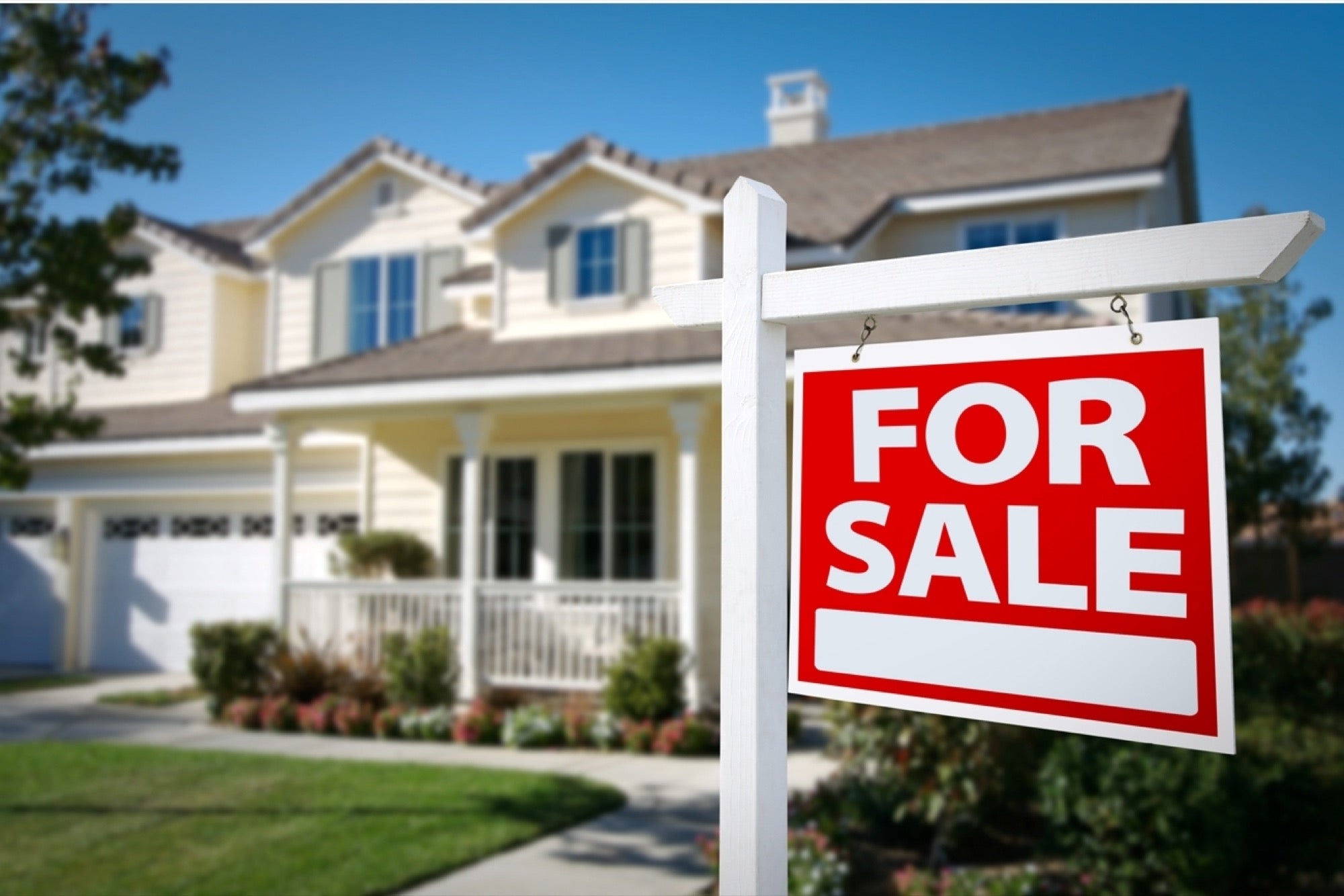Before you can market your home, you must evaluate it.
Your home valuation value depends on many factors. Each of them affects the value of your property in a different way.
The ultimate goal of home valuation is to market it based on comparable standards obtainable in the neighbourhood.
In addition to knowing about the value of your home, this information can also be useful if you are looking for a way to increase the value of your property.
Location
Location is one of the most important factors affecting the value of any property.
In fact, if you ask a property agent, you will find that location is at the very top of the list.
Even if you were a home buyer, the location of the property will influence your purchase decision.
If the property is in a great location, buyers will not have any problem paying a higher price.
Some of the factors affecting house value in a specific location are:
· prices of recently sold property in the area,
· number and quality of schools,
· basic amenities,
· access to good roads, and
· quality of residents in the community, and so on.
Also, keep in mind that homes in rural areas cost less than in urban or business districts.
Age and Condition of the House
The age of your home is also a factor in the valuation of your home.
A newer home may not always be rated higher than an older home as both new builds and old homes have unique advantages.
In new homes built in the last 10-20 years, the likelihood of major problems is less, so more people are willing to buy them, and this, in turn, increases the value of a home assessment.
Older homes that are in historic districts or have been fabulously maintained for decades will also be on the high side.
Updates and Upgrades
Updates and improvements can add value, especially in older homes that have not originally had modern amenities.
However, not all renovations are the same.
For example, experts suggest that renovating the kitchen and bathroom can improve the value of the property significantly while installing a deck can add only a small percentage of value. In fact, home buyers appreciate it when bedrooms, bathrooms, and kitchens are renovated ahead of time because this means less work for them.
Therefore, if you are preparing your house for sale, these are upgrades you should consider investing in.
Remember, however, that buyers will check that the improvements made are consistent with building codes. If this is not the case, the sale may fall through.
Size and Appeal
The size of the house has a large impact on its value. Some potential buyers specifically consider the price per square meter to filter this effect and determine its value.
Larger houses, of course, sell at higher prices.
You also need to consider the attractiveness of the house. Traditional or open plan layouts tend to be more attractive than obscure designs that will only appeal to a small margin of buyers.
The more attractive a home is, the higher its value will be, especially given the resale value.
Local Market
Finally, even if your home is in great condition, in a great location, with premium improvements, the number of other properties for sale in your area and the number of buyers on the market can affect the value of your home.
When many buyers compete for fewer homes, this is known as a sellers’ market.
Conversely, a market with a small number of buyers, but with many homes on the market, is referred to as the buyer’s market.
It is easy to infer therefore that you will make more from your property in a sellers’ market than in a buyers’ market.

Leave a Reply